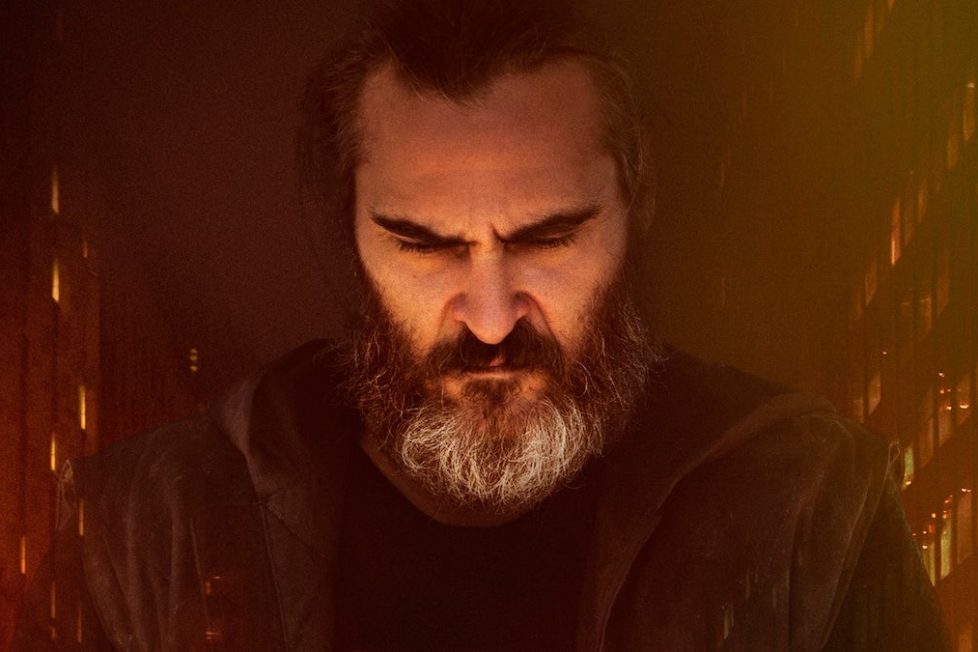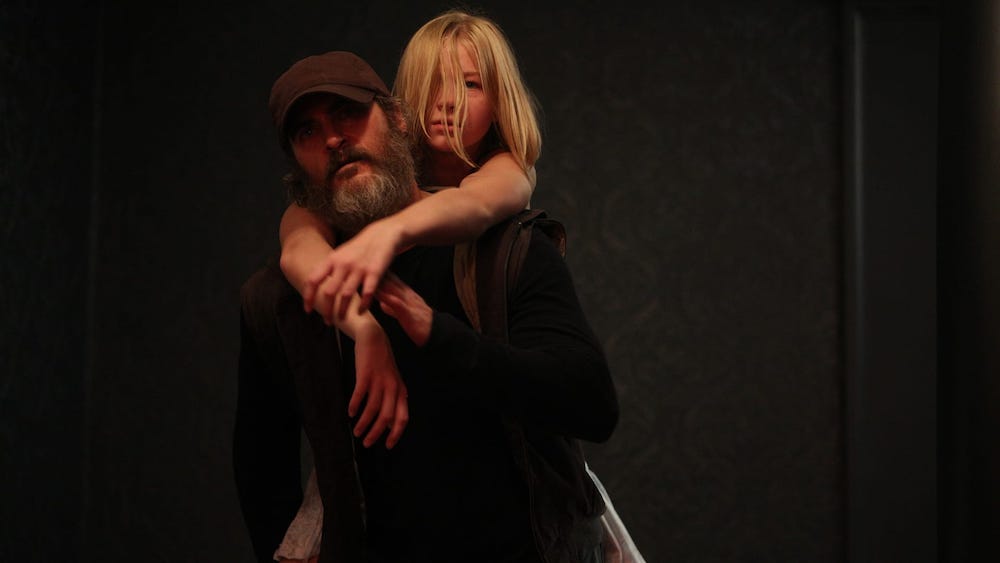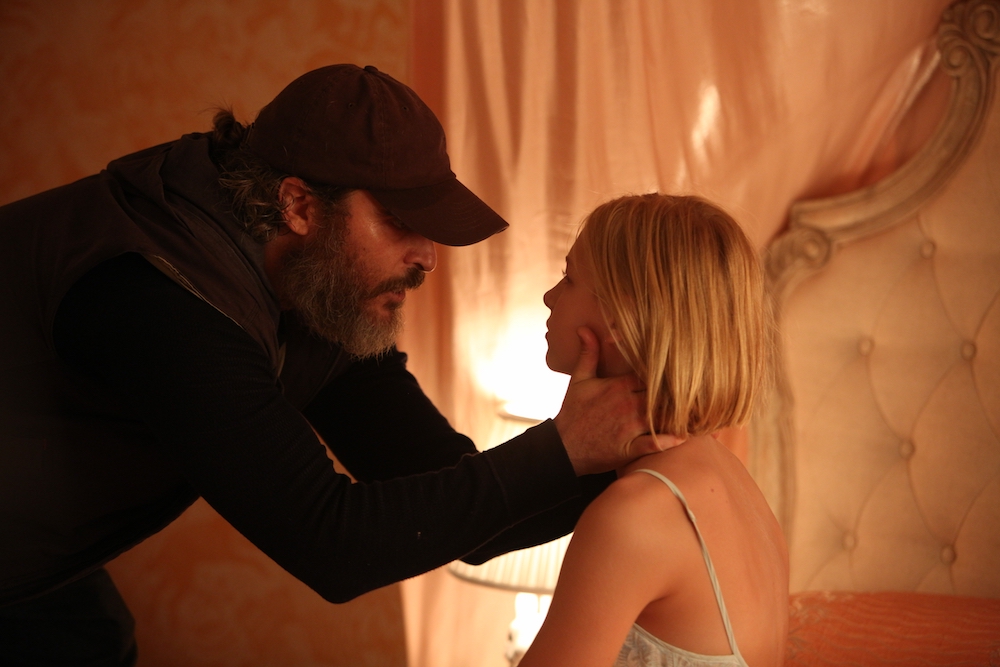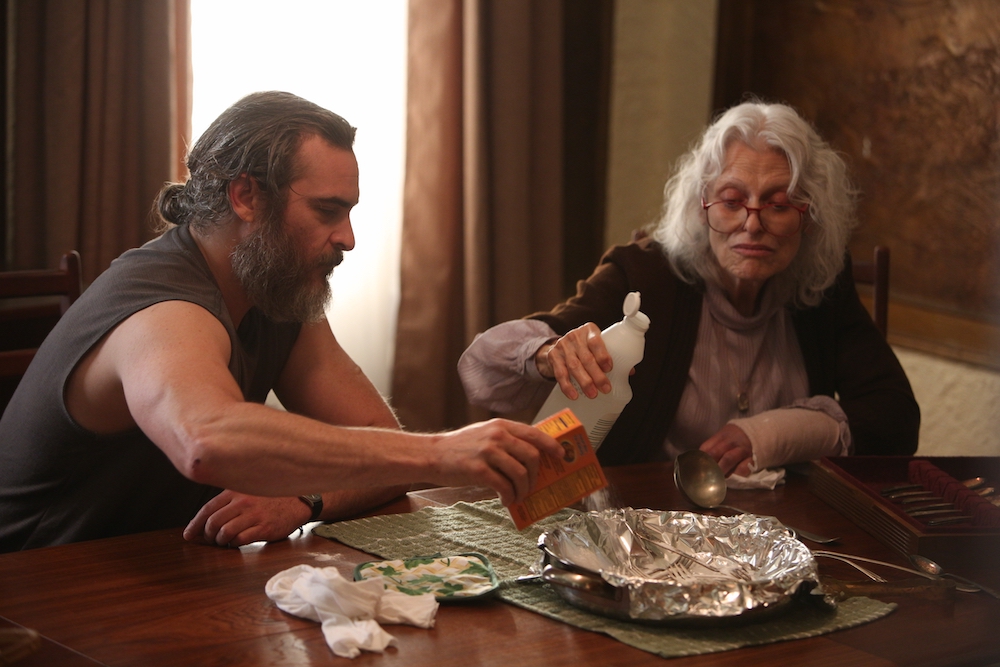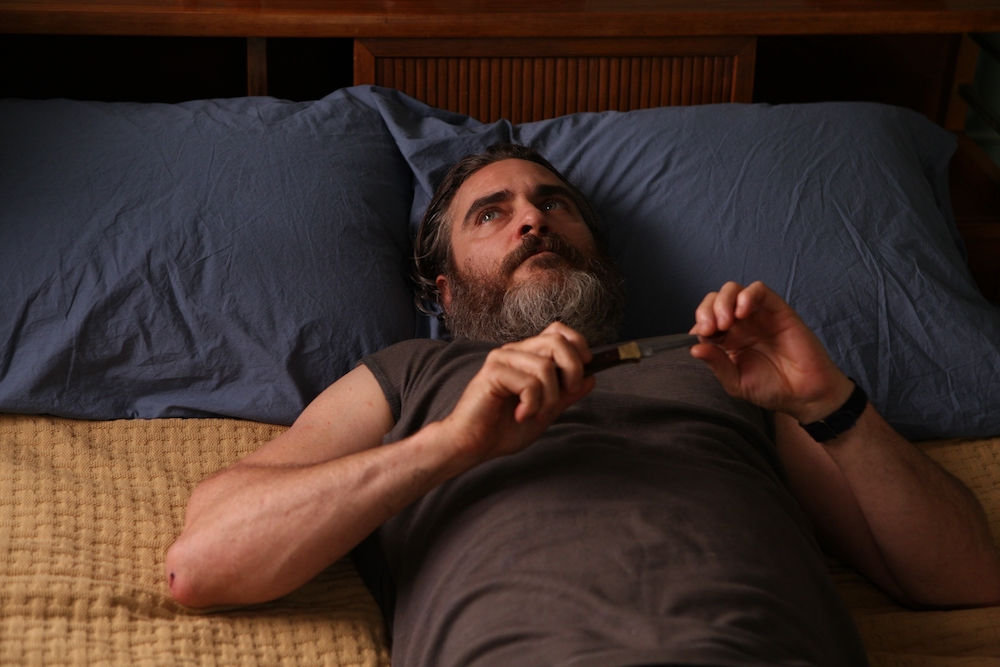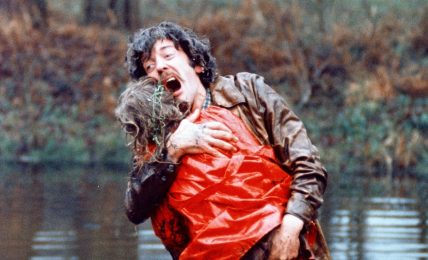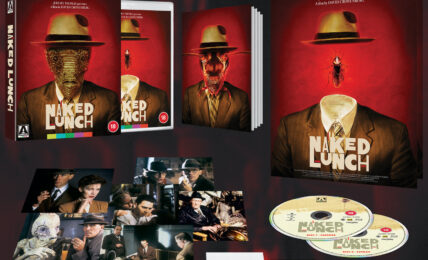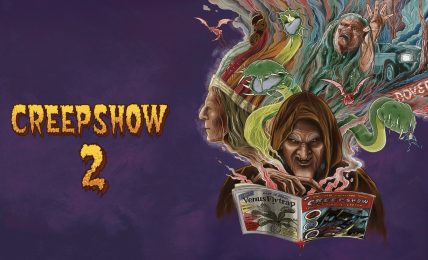YOU WERE NEVER REALLY HERE (2017)
A traumatised veteran, unafraid of violence, tracks down missing girls for a living. But when a job spins out of control, Joe's nightmares overtake him as a conspiracy's uncovered leading to what may be his death trip or his awakening...
